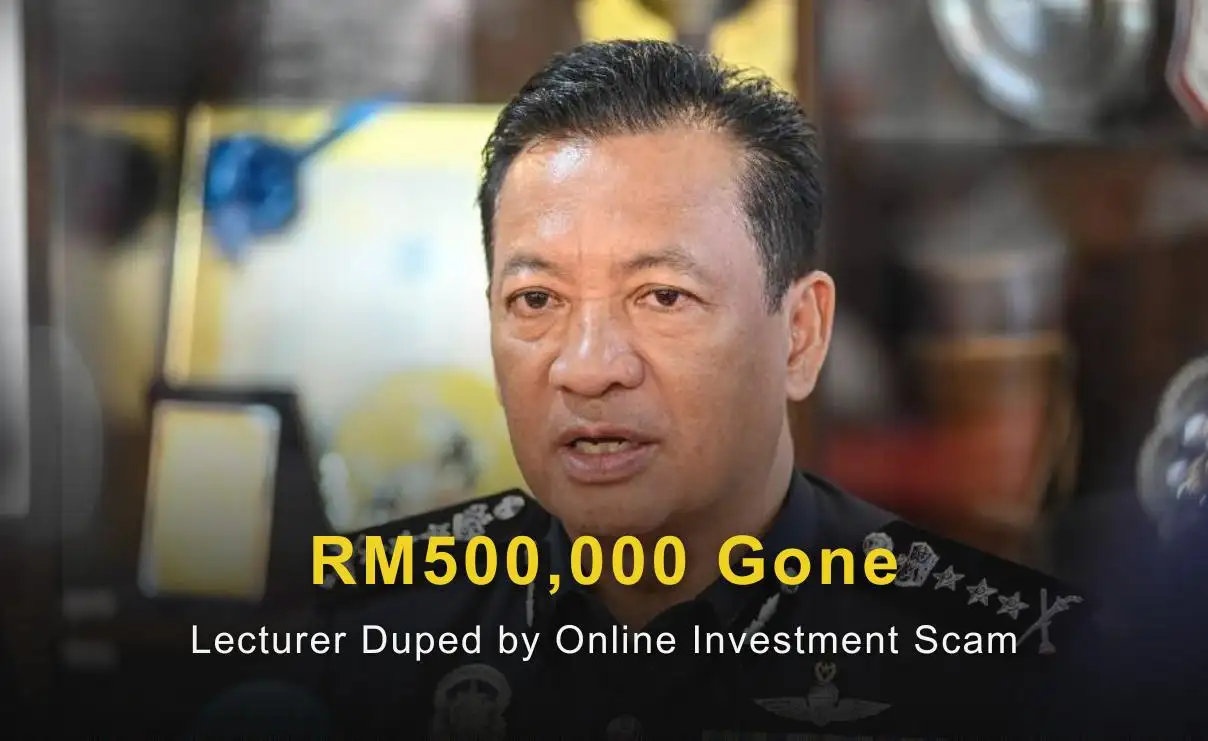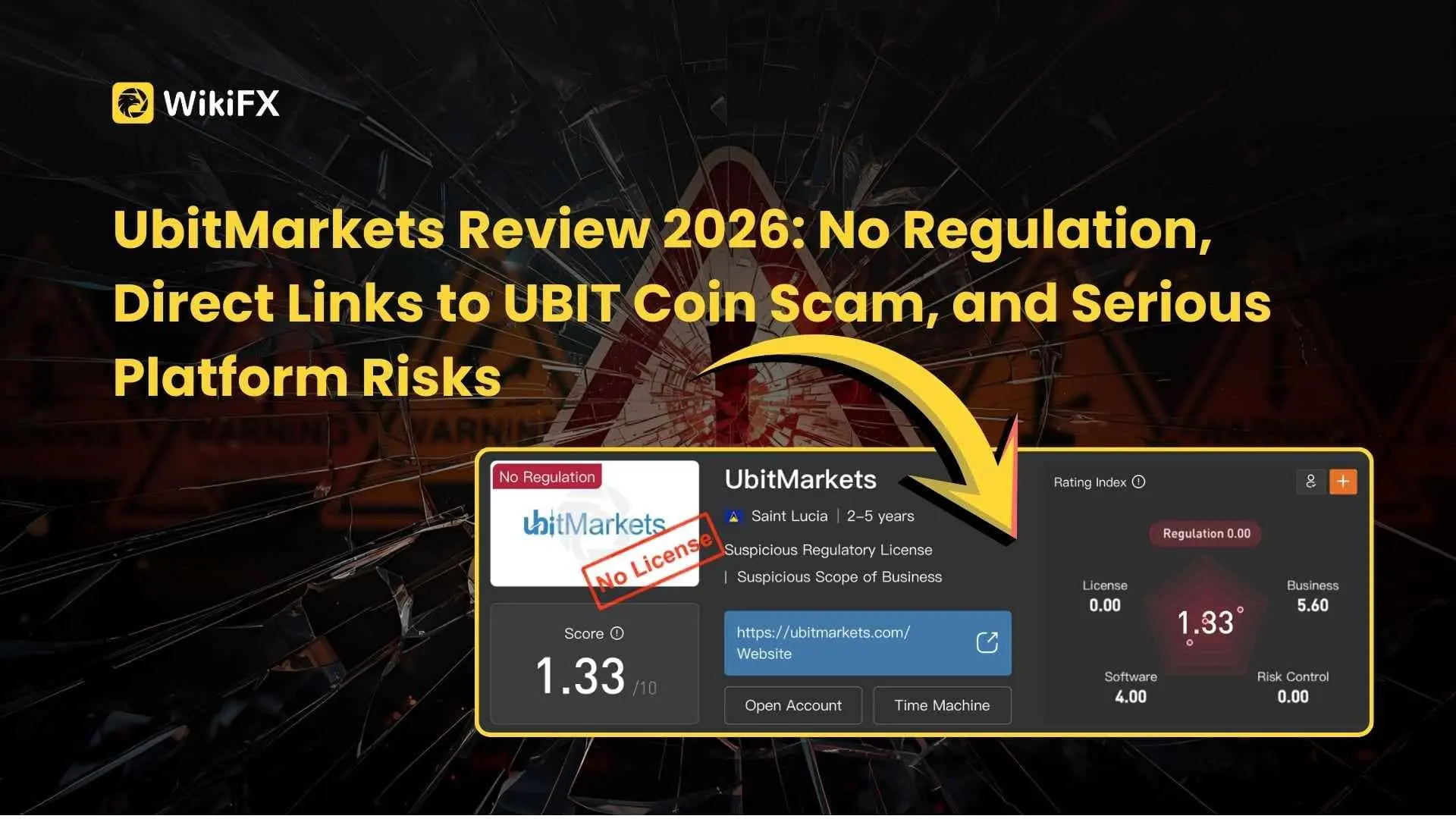Abstract:A 62-year-old retiree in Malaysia has reportedly lost RM2.33 million after falling victim to a fraudulent stock investment scheme promoted through a WhatsApp group.

A 62-year-old retiree in Malaysia has reportedly lost RM2.33 million after falling victim to a fraudulent stock investment scheme promoted through a WhatsApp group.
According to Johor police chief Commissioner Datuk M. Kumar, the victim stated in his police report that an unknown individual had introduced him to the investment opportunity. His phone number was subsequently added to a WhatsApp group, where he was directed to a linked website that purportedly allowed him to monitor profits and manage his investments.
The fraudulent scheme lured the retiree with promises of substantial returns, allegedly guaranteeing earnings of up to US$8 million (approximately RM32.2 million). Encouraged by these prospects, the victim proceeded to transfer RM2.33 million across four transactions to four different local bank accounts between 27 November 2024 and 4 March 2025.

Authorities have classified the case under Section 420 of the Penal Code, which deals with cheating and dishonestly inducing the delivery of property. Commissioner Kumar urged the public to exercise caution when presented with investment opportunities that appear too good to be true. He advised individuals to verify the legitimacy of such schemes with relevant financial authorities, including Bank Negara Malaysia and the Securities Commission, before making any commitments.
To further protect themselves from financial fraud, the public has been encouraged to stay informed about evolving scam tactics. Commissioner Kumar emphasised the importance of accessing reliable sources of information, such as the Commercial Crime Investigation Departments official social media channels on Facebook, Instagram, and TikTok, which provide updates on prevalent fraud schemes.

As investment scams continue to rise, digital verification tools such as WikiFX have become invaluable resources for investors seeking to assess the legitimacy of brokers and financial platforms. WikiFX maintains an extensive database of global broker profiles, offering insights into regulatory compliance, user reviews, and risk assessments. By leveraging such platforms, investors can identify unlicensed or suspicious entities and take proactive steps to protect their financial assets.












